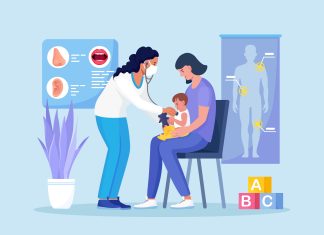According to the Eurasian Economic Commission (EEC), in March 2025, 30,150 applications for registration of medicines under the rules of the EAEU were submitted, and more than 10,000 registration certificates have already been issued. In comparison with previous years, there is a significant increase: in 2024, 22,530 applications were submitted (7,522 certificates were issued), in 2023 – 12,222 applications (4,011 were issued), in 2022 – 2507 applications (448 issued), said Anna Kravchuk, EEC representative, at the conference «Registration of medicines according to the rules of the EAEU», the correspondent of GxP News reports.
She also added that since the entry into force of the agreement on common principles and rules for the circulation of medicines, signed 10 years ago, 84 regulatory acts have been adopted regulating the process of drug registration and circulation. These acts include both Council decisions and business recommendations on quality and compliance with good practices.
Anna Kravchuk noted in her speech that the main changes relate to updating registration procedures and improving work processes for the convenience of businesses and regulators. One of the priorities is to improve the registration procedures for medicines and packaging of medical devices, as well as to review administrative processes related to amendments to registration dossiers. Moreover, a document clarifying the packaging requirements was adopted, and work continues on improving the classification of amendments.
«A highly anticipated project that is being actively discussed at various venues is the modernization of the procedure in accordance with new requirements. This project also somewhat mitigates the requirements originally envisaged. According to the draft, member states will be given additional time to complete the recognition process». Attention is also being paid to improving research procedures, in particular on bioequivalence and biological drugs, as well as changes in the selection algorithms for reference drugs. In addition, an important point was the updating of requirements for labeling medicines, especially in terms of shelf life and the details specified for biological drugs. Changes have been made to the rules for determining the category of drugs dispensed and the labeling requirements have been simplified.
Kravchuk also noted that the pharmacopoeia of the Eurasian Economic Union is actively developing, with the fourth part of the first volume of the pharmacopoeia currently being prepared. The possibility of extending the temporary procedure for the circulation of medicines for new members of the Union until the end of 2027 is also being discussed. «A part that I refer to as miscellaneous is Decision 96, which provides for the possibility of introducing a temporary procedure for the circulation of medicines for starting members. The parties proposed to extend it until the end of 2027 as an auxiliary additional procedure for a limited range of cases. The project has not yet been reviewed by the board and the Council, with further developments to be published in the news».




